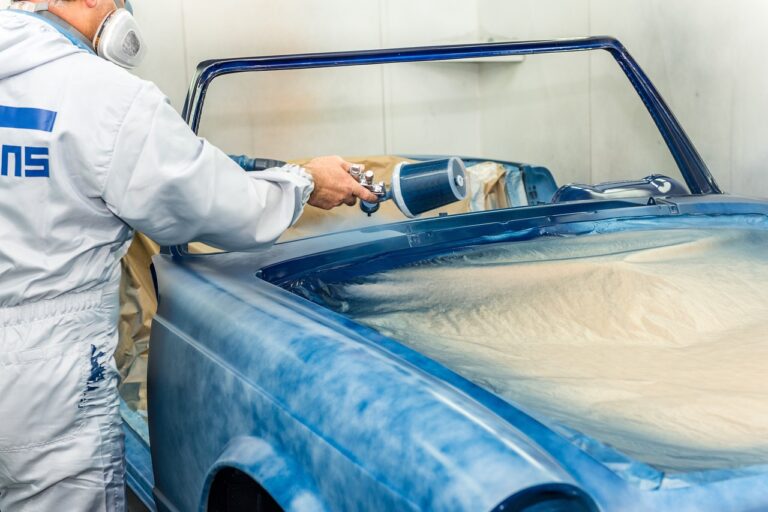The Importance of Collaboration in Automotive Logistics: Betbhai book, Cricbet99 login, Diamondexch9 login
betbhai book, cricbet99 login, diamondexch9 login: The automotive industry is a complex and fast-paced sector that requires seamless coordination and collaboration among various stakeholders. Automotive logistics, in particular, plays a crucial role in ensuring that vehicles, parts, and components move efficiently through the supply chain. Collaboration is essential in this process to streamline operations, reduce costs, and improve overall performance.
Why Collaboration is Important in Automotive Logistics
1. Supply Chain Efficiency
Collaboration among manufacturers, suppliers, distributors, and logistics providers is essential for optimizing supply chain efficiency. By working together, these stakeholders can anticipate demand, plan production schedules, and coordinate transportation activities to ensure timely delivery of vehicles and parts.
2. Cost Reduction
Collaboration in automotive logistics can lead to cost savings through optimized transportation routes, consolidation of shipments, and efficient inventory management. By sharing data and insights, stakeholders can identify opportunities to streamline operations and reduce waste in the supply chain.
3. Improved Customer Service
Collaboration allows automotive companies to meet customer expectations by delivering products on time and in perfect condition. By working together, stakeholders can proactively address potential issues, such as delays in production or transportation, to ensure a seamless experience for customers.
4. Risk Mitigation
Collaboration helps automotive companies to mitigate risks in the supply chain, such as disruptions in production or transportation. By sharing information and resources, stakeholders can develop contingency plans and respond quickly to unforeseen events, such as natural disasters or labor strikes.
5. Innovation and Sustainability
Collaboration fosters innovation in automotive logistics by bringing together different perspectives and expertise. By working together, stakeholders can explore new technologies, processes, and business models to drive sustainable growth and reduce environmental impact in the industry.
6. Regulatory Compliance
Collaboration in automotive logistics is essential for ensuring compliance with regulations and quality standards. By sharing best practices and knowledge, stakeholders can align their processes and activities to meet legal requirements and enhance product quality and safety.
7. Talent Development
Collaboration enables automotive companies to build a skilled and knowledgeable workforce by promoting learning and development opportunities. By working together, stakeholders can share expertise, resources, and training programs to enhance employee skills and competencies in the industry.
FAQs
Q: How can automotive companies improve collaboration in logistics?
A: Automotive companies can improve collaboration in logistics by establishing clear communication channels, sharing data and insights, aligning goals and objectives, and fostering trust and transparency among stakeholders.
Q: What technologies can help enhance collaboration in automotive logistics?
A: Technologies such as blockchain, AI, IoT, and cloud computing can help enhance collaboration in automotive logistics by enabling real-time data sharing, tracking and tracing of shipments, predictive analytics, and automated decision-making.
Q: What are the challenges of collaboration in automotive logistics?
A: Challenges of collaboration in automotive logistics include organizational silos, data silos, divergent interests among stakeholders, lack of trust and transparency, and resistance to change. Overcoming these challenges requires strong leadership, communication, and willingness to collaborate.
In conclusion, collaboration is essential in automotive logistics to optimize supply chain efficiency, reduce costs, improve customer service, mitigate risks, drive innovation and sustainability, ensure regulatory compliance, and develop talent. By working together, stakeholders can address challenges, seize opportunities, and achieve success in the fast-evolving automotive industry.







